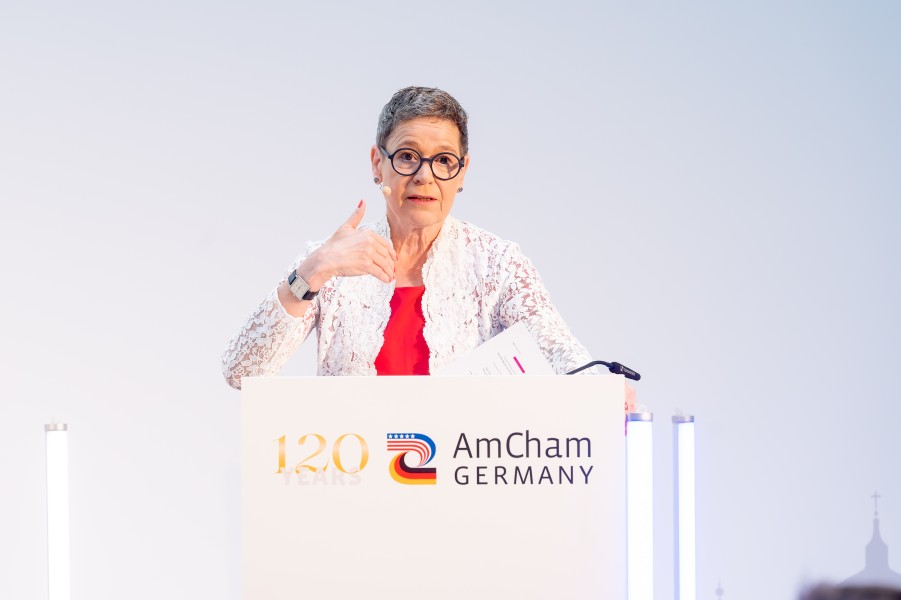This Friday, October 20, 2023, the next EU-U.S. summit will take place in Washington, D.C., after U.S. President Joe Biden traveled to Brussels in June 2021 for the last summit.
This summit is particularly important for two reasons: First, to resolve the bilateral trade dispute over partially frozen U.S. tariffs on EU steel and aluminum products and related EU countermeasures. And second, to adopt the Global Arrangement on Sustainable Steel and Aluminum. This agreement aims to contribute to the reduction of the global overcapacity built up by China and India, to ensure market-oriented conditions and to promote the decarbonization of the steel and aluminum industries.
The transatlantic partners plan to invite like-minded economies to join the agreement to promote the production and trade of low-carbon steel and aluminum. Countries then would restrict market access to non-participants that do not meet market-based conditions or that themselves contribute to overcapacities in accordance with international rules and obligations. Since the last summit, a deadline of two years has been set for the conclusion of the agreement, which is now coming to an end. The EU and the U.S. appear to be pursuing different approaches to achieve these goals. While the EU is in favor of a carbon border adjustment mechanism (CBAM), the U.S. favors the imposition of tariffs based on a product’s carbon intensity.
Given the geopolitical situation, it is important that the transatlantic partners demonstrate consensus and unity on this issue in order to find a common solution. Open disagreements, such as those over the measures in the U.S. Inflation Reduction Act (IRA) and possible EU reactions to them, should be avoided. Especially as we face a super election year in 2024. A new European Parliament will be elected in June. The composition of the European Commission will also change. This will be followed by the U.S. presidential election in November. The list of urgent transatlantic agenda items must be completed by spring 2024 at the latest. The temporary budget in the U.S., which is only valid until mid-November 2023, and the political uncertainty in the current House of Representatives underscore the fact that important transatlantic projects should be finally decided on as early as this Friday. The clock is ticking.
It would also be an important message for companies in Germany and the EU if the "EU-U.S. Agreement on Critical Minerals" were to be agreed upon during the summit. This would allow European mining and chemical companies to sell their products to U.S. battery manufacturers without risking to lose the benefits of the IRA. At a time of rising international tensions, the agreement would also be a major sign of geopolitical cooperation.
A new trade conflict is already looming, at least for the EU, over Chinese exports of electric cars to the EU. While it is difficult for Chinese car manufacturers to enter the U.S. market with a tariff rate of 27.5 percent, they are pushing all the harder into the European market. Here, the tariff rate is only 10 percent. In addition, national subsidies for electric vehicles apply to imports as well as domestically produced cars. Possible anti-dumping duties by the EU Commission and Beijing's expected countermeasures show once again that the transatlantic partners need to coordinate their policies towards China much more closely and adopt a common position.
At a time when global conditions are fragile, further integration of the two economic regions is all the more important. This will enable them to remain capable of acting, to jointly stimulate industrial growth, and to drive forward the climate-neutral transformation of these business locations.
This summit should send a clear signal that trade barriers will be dismantled and that the integration of these two economic areas will be deepened in order to strengthen transatlantic sovereignty sustainably in the midst of global competition.

